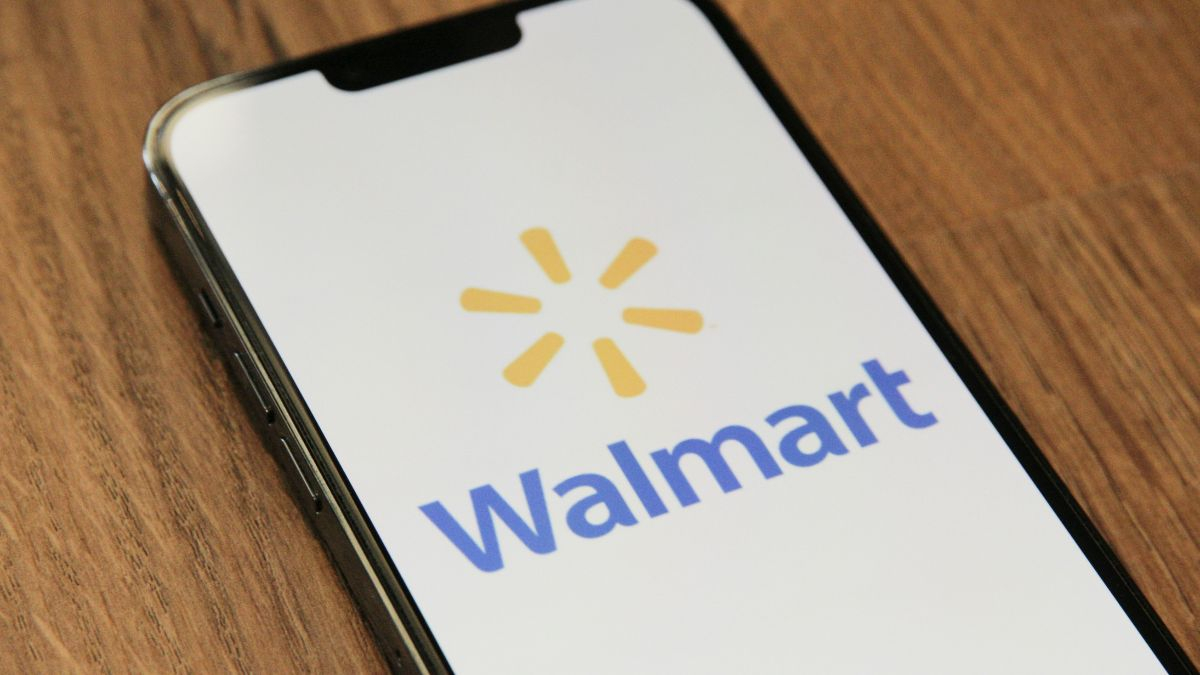While America’s consumers are struggling with higher-priced groceries, Aldi has emerged as America’s cheapest grocery store chain. With its gradual but calculated expansion and its dogged pursuit of its laser-like focus in finding cost-cutting programs, the Germany-based grocery store chain is poised to provide consumers with profound price cuts without any compromise on quality.
Strategic expansion strengthens Aldi’s position
Aldi’s expansion plan has been at the forefront of its increasing popularity and takeover of America’s consumer base. The grocery store chain now has more than 2,400 stores in the United States, with very high densities in states like Florida.
Expansion was also enabled separately by Aldi’s purchase of Southeastern Grocers’ interest in about 400 Winn-Dixie and Harveys Supermarket stores in 2024. Although Aldi later sold about 170 stores to private investors, it is reformatting the rest into Aldi stores again in Alabama, Georgia, Louisiana, Mississippi, and Florida. The growth is an indication of Aldi’s effort to reach more shoppers and bring discount shopping.
New low-cost concepts
Aldi’s low price is a clear reflection of the fact that it has a brand new business model that puts a very high emphasis on low price and efficiency.
Some of the most interesting ideas in this model are:
- Self-service cart system: The shoppers ‘rent’ the carts for a quarter, which they can exchange when they return the cart. This eliminates cart pick-up labor.
- Bag policy: The customers are requested to provide their own bag or buy one in the store, and hence the expense of free bags is avoided.
- Simplified product line: Aldi just doesn’t stock as many products, the best sellers to be exact. That means fewer to carry and to buy in bulk, money savers both.
- Private label brands: Aldi’s products are around 90% private label, which enables the company to eliminate the cost of national brands without compromising on quality control.
Quality control through local sourcing
Aldi is affordable, not at the expense of quality, however. Aldi buys meat from local and quality farms and resells the same under its Kirkwood brand packaging, which is fresh and favorable to local farming. This guarantees not only quality but also community relations.
Consumer recognition and awards
Aldi’s quality and price guarantee has also not gone unnoticed. In 2025, the chain won eight food categories at the Product of the Year awards. Included was Aldi’s Sparkling Brut Rosé for under $12, top wine, which was a testament to customer love for value products in the store.
Customer testimonials point to savings
Consumers nationwide have been relishing the discounts at Aldi. Chris, for one, had spent less than $100 on a week’s worth of dinner provisions after shopping at Aldi. His menu had featured creations like Blackened Chicken Salad and Spinach and Cheese Manicotti, proof that you do not need to compromise variety and taste in an attempt to eat more affordably.
Aldi vs. competitors: cost comparison
While other stores like Walmart and Costco are also low-cost, Aldi is more affordable. It has been proven through studies that shoppers save as much as 40% of their weekly budget at the expense of traditional supermarkets when they shop at Aldi.
This is due to Aldi’s business model and the store’s focus on store-brand items
Aldi’s future in the US market
Aldi’s plans reflect its aggressive drive to expand in the US and satisfy consumers. Its $9 billion strategy to invest in 800 new or renovated US stores by 2028 will make it more convenient for consumers nationwide even more. The growth will certainly add zest to the level of competition in the supermarket sector, with hopefully beneficial impacts on prices and services in general.
